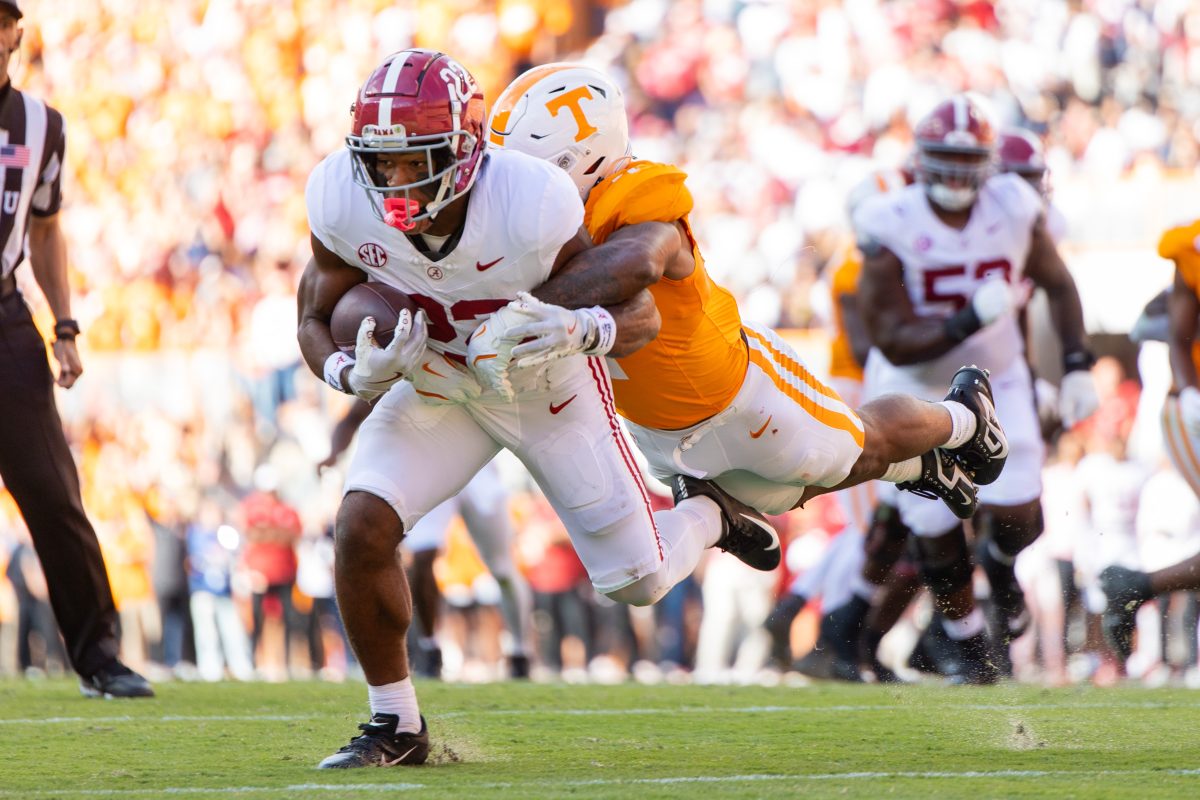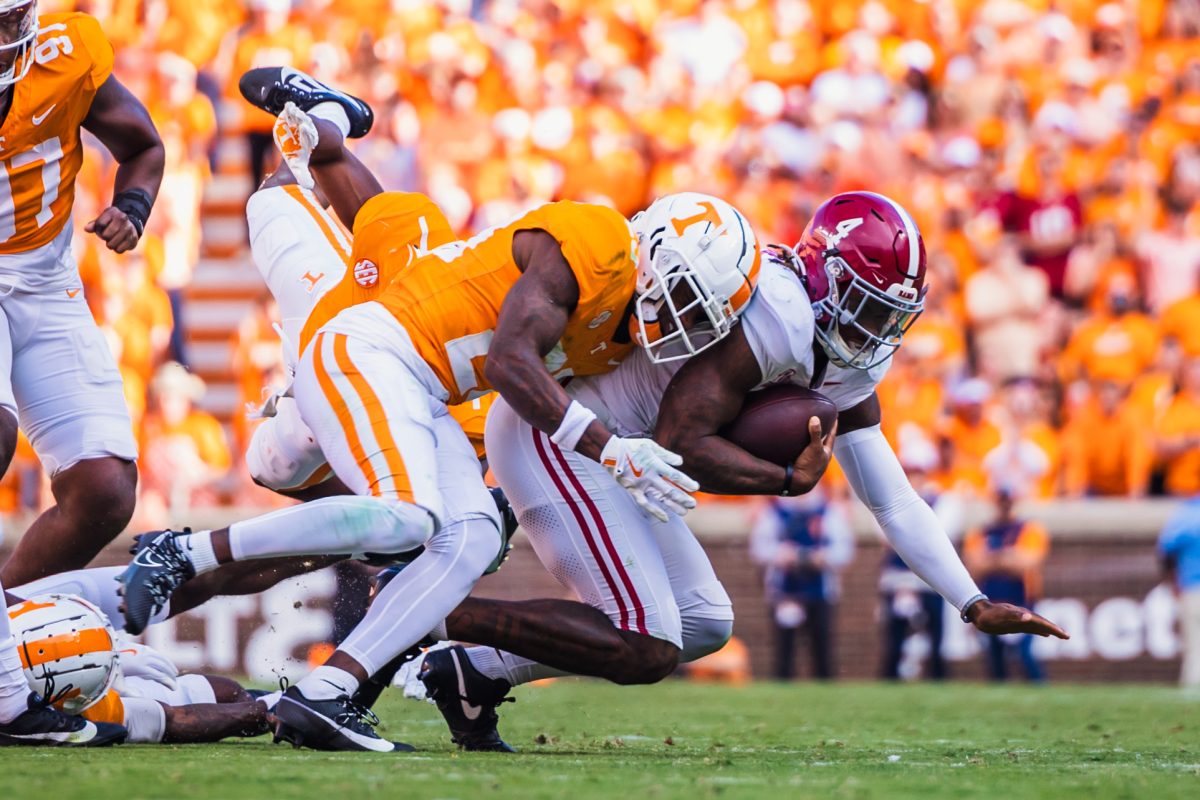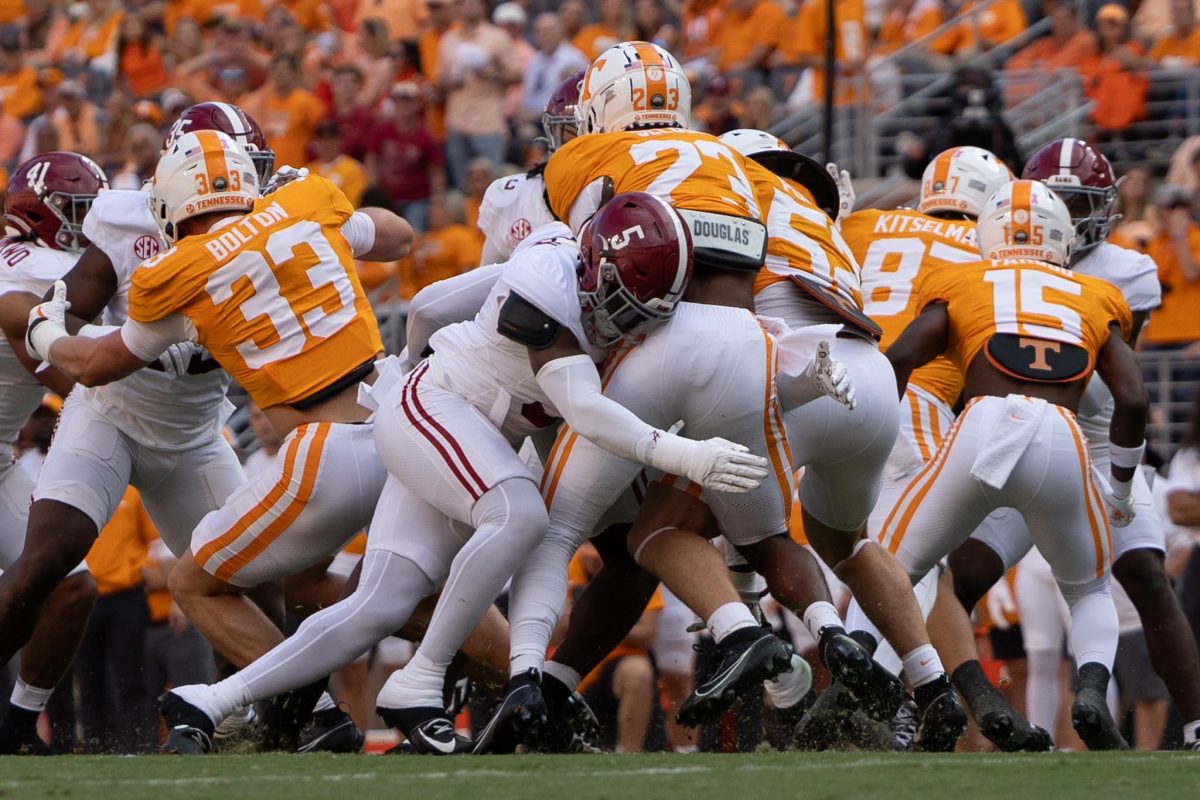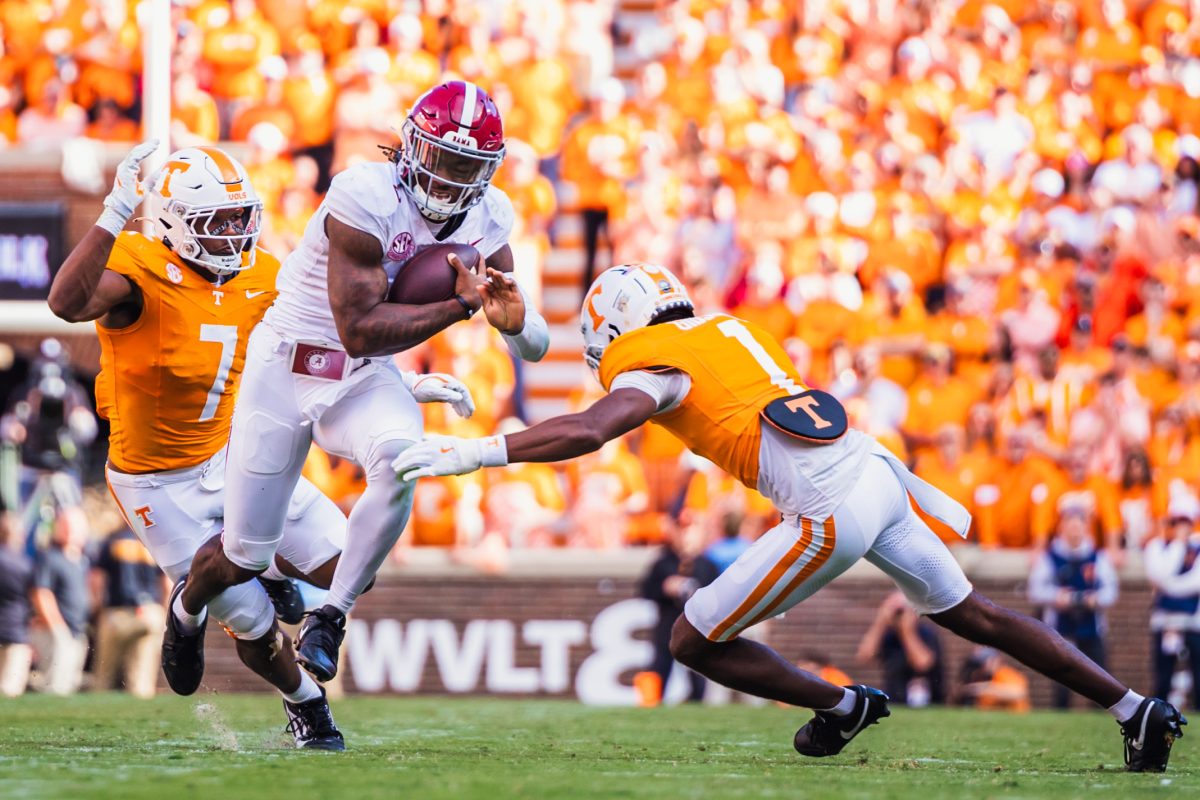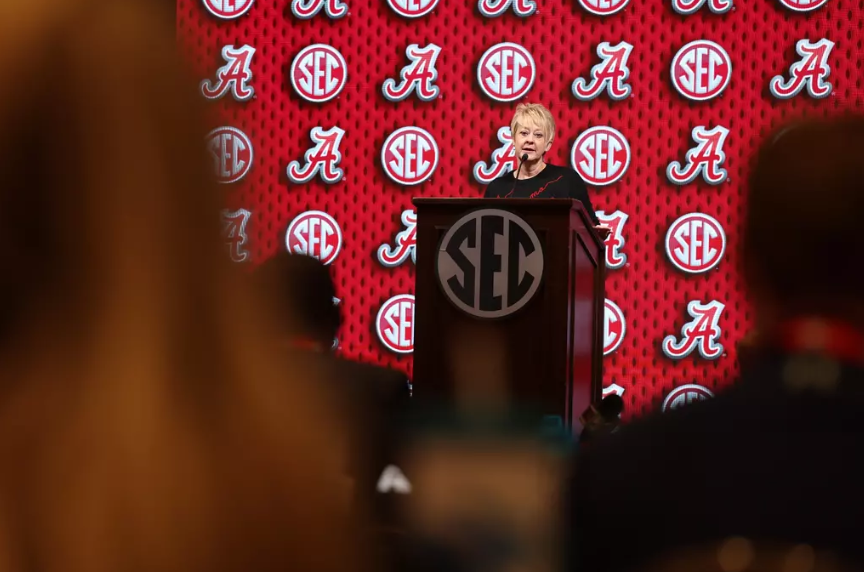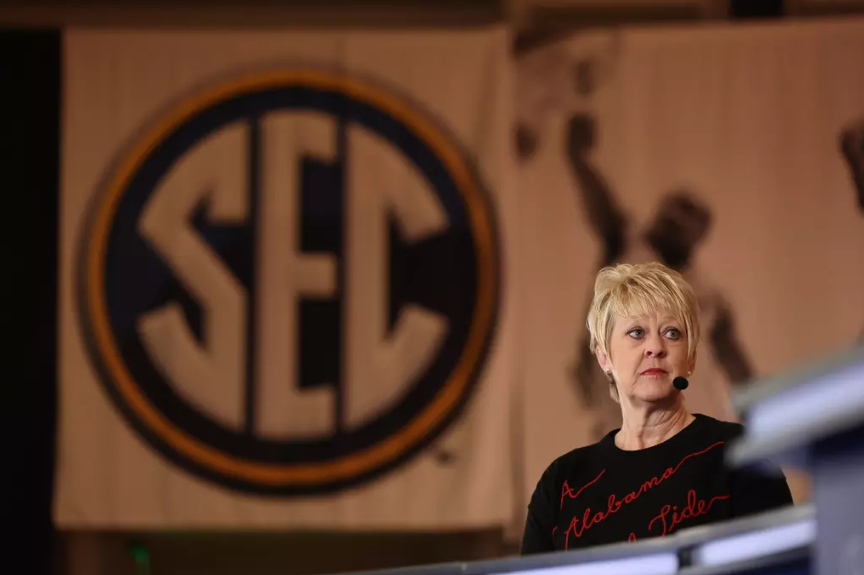After coming within a swing of the bat from reaching the College World Series last season, the Alabama baseball team will try to build on last year’s successful campaign.
The Tide is forced to replace its entire infield this season after losing the likes of Ross Wilson, Josh Rutledge, Jake Smith and Clay Jones – all Major League Baseball draft picks. The departures not only hurt the Tide on the field but at the plate as well, as the group provided for the heart of the lineup.
“It is not easy to replace,” head coach Mitch Gaspard said. “I don’t think you’re going to show up at the ball park on opening day and see the same caliber that you ended with in Clemson.”
To truly appreciate what the Tide is losing, it is important to look deeper at how each player contributed last season.
Ross Wilson, 2B
The Tide second baseman finished last year with a .277 batting average with nine homeruns and 47 runs batted in. More importantly, though, Wilson got on base at a .396 clip and was one of the better defensive infielders in the Southeastern Conference. Wilson was drafted in the 10th round by the Chicago White Sox, and was awarded first-team All-SEC in 2009.
Josh Rutledge, SS
While playing what scouts described as elite defense, Rutledge also batted .360 and had 69 RBIs from the second spot in the order. The Tide will miss Rutledge’s speed and base running ability, as well as his range in the field. Rutledge was taken in the third round of the draft – 107th overall – and is considered to have the most Major League potential of the bunch.
Clay Jones, 1B
The leader in homeruns and slugging percentage, Jones’s power will be missed greatly for the Tide. Although Alabama did not rely heavily on power last season, having Jones in the middle of the lineup helped balance the lineup. The first baseman did not rely solely on power, however; Jones batted a solid .313 for the season. He was selected in the 32nd round by the Detroit Tigers.
Jake Smith, 3B
Arguably the heart and soul of the team, Smith had a down year in 2010 at the plate, batting .260. Though not having the year many expected him to have, Smith still finished second on the team in homeruns with 15. Smith was also one of the SEC’s better infielders defensively. After getting off to a slow start at the plate, Smith got hot late in the season and was a key factor to the Tide’s postseason run. Smith also pitched for the Tide in relief, where he posted a .89 earned run average over 20.1 innings. Smith was selected in the 15th round by the Philadelphia Phillies.
Despite the departures, there are plenty of reasons for Tide fans to be optimistic. Though the Tide might be young, Gaspard said he sees improvement each day from the new group.
“Those guys that we have in there are slowly starting to mesh together,” Gaspard said. “With each day and with each teaching session that we have, we are seeing the improvement that we want.”
One player the Tide will look to lean on is catcher/infielder Brett Booth. After appearing in 39 games last season and batting .255, Booth will have the honor of replacing Smith at third base this season. Booth said he benefited from learning from one of the best third baseman he’s ever seen in Smith and is eager to try to continue the success for the Tide.
“I grew up watching Alabama, so I’ve seen [Smith] play since I was a sophomore in high school,” Booth said. “He came out here one day this fall. I just got a chance to work with him and he helped me out a lot. I just try to take a lot from him and learn as much as I can.”
Though the Tide has lost a lot of power from its infield, a new NCAA rule regulating the wall of the bats might help balance the playing field, as the rule is thought to limit the amount of power upon contact. To put it into perspective, the bats previously used in NCAA had an exit speed of about 100 miles per hour, while the new bats will only have an exit speed of around 92 mph.
“With the bats now, I don’t think you are going to see anyone who is going to be a power-laden lineup anymore,” Gaspard said. “I think there is going to be more running and hit-and-run plays.”
Despite all the changes, the Tide, ranked 28th by the National Colligate Baseball Writers Association, look poised to go far in 2011. Though the team might be young, Gaspard sees promise in the team and is confident Alabama will succeed.
“It’s going to take time and I think we are going to have some growing pains,” he said, “but I think as we play more games and gain more experience, you’ll see this team and this infield become a really quality group of guys that are going to be very productive.”



